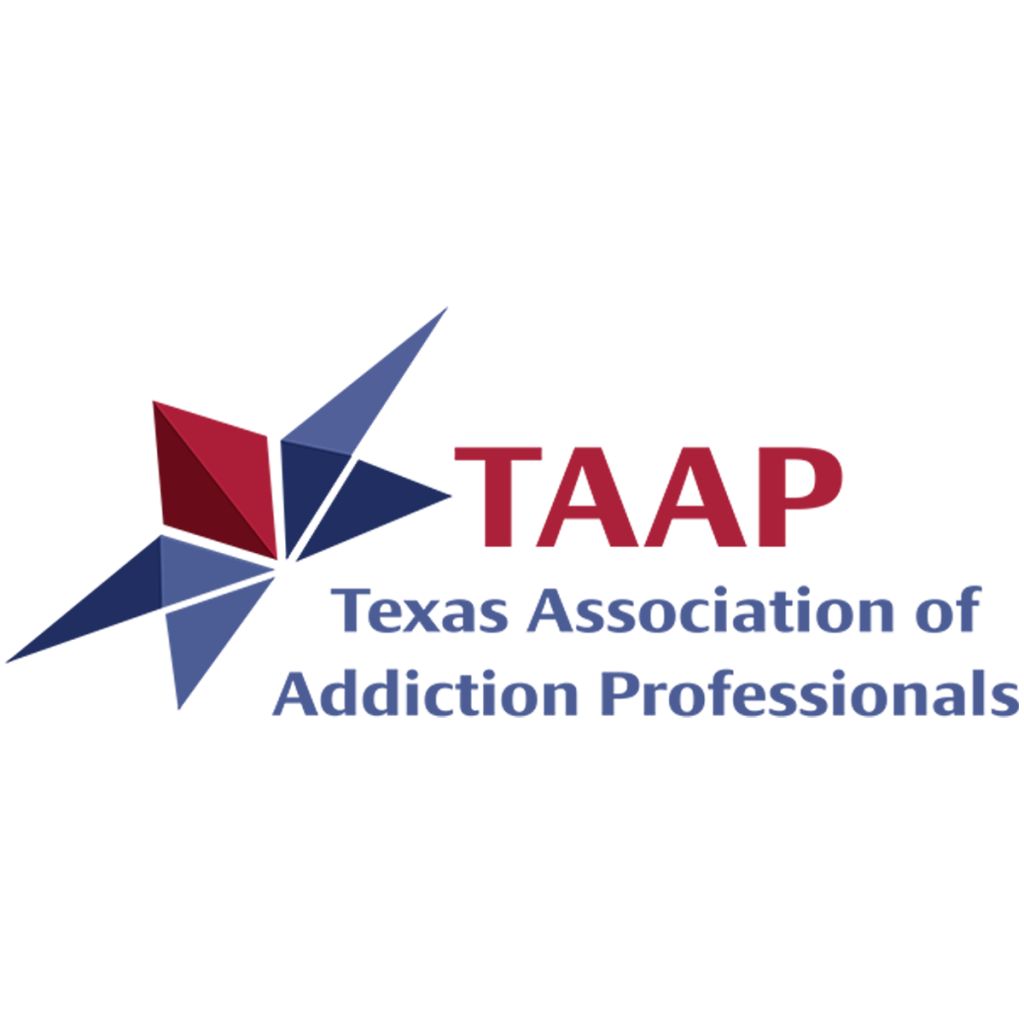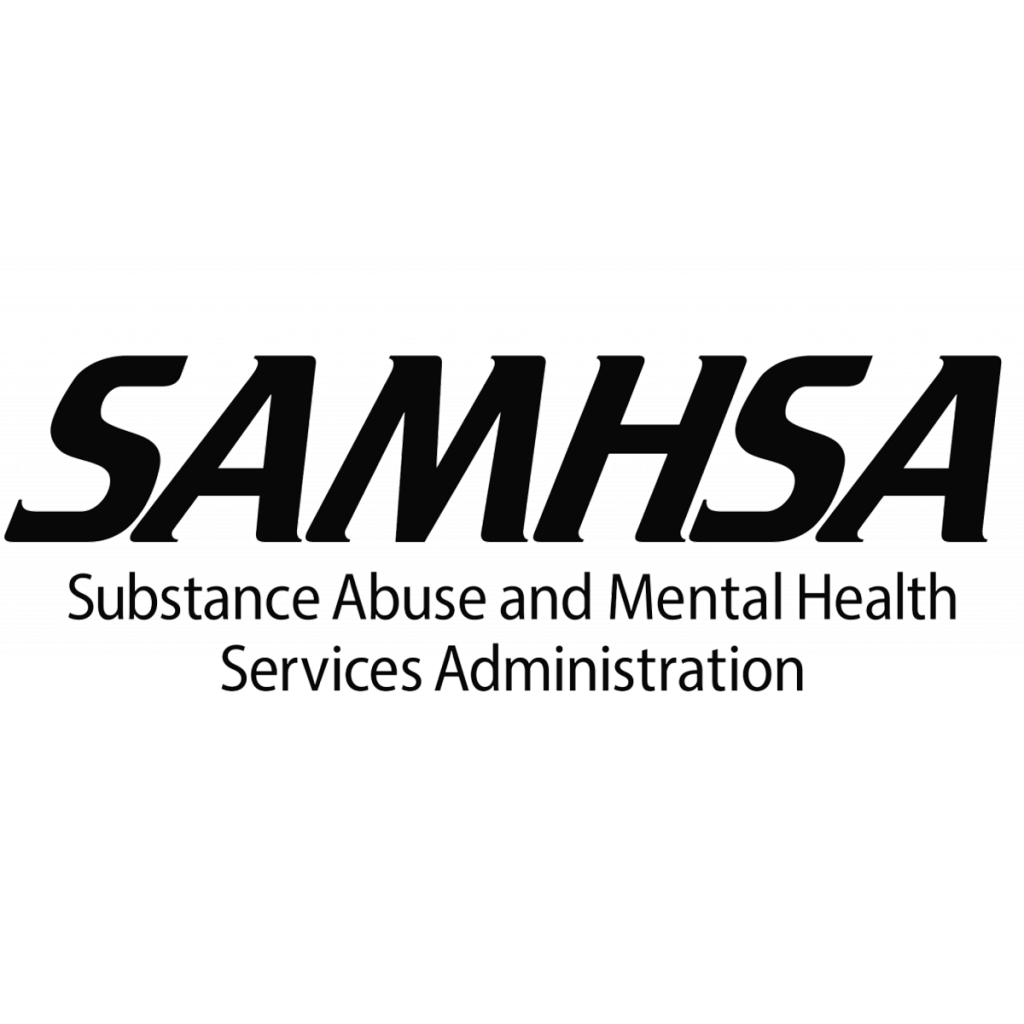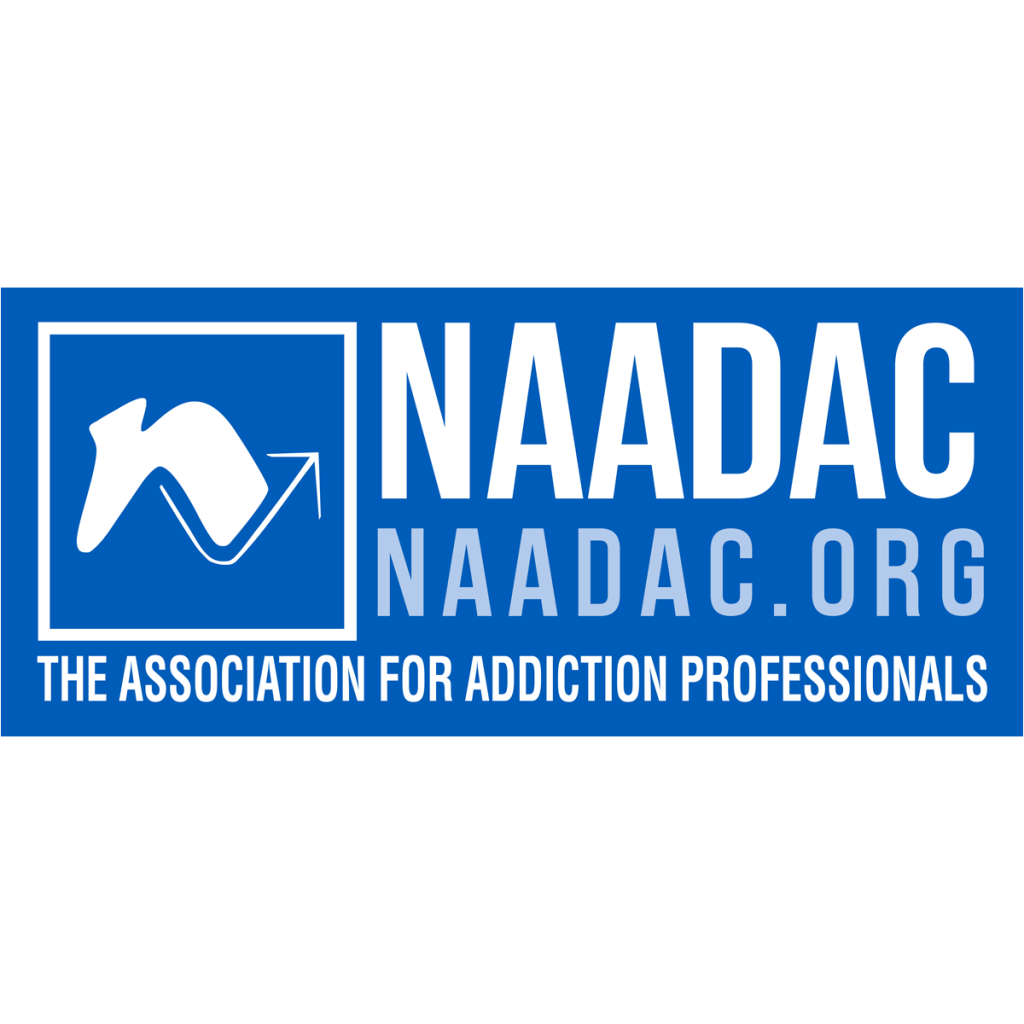Pseudoephedrine Addiction: Symptoms and Treatment
Pseudoephedrine Addiction: Symptoms and Treatment
GET HELP TODAY!
100% Confidentiality Guaranteed


What Is Pseudoephedrine?
Pseudoephedrine is a decongestant. It shrinks blood vessels in the nose to relieve congestion. They often sell it under the brand name Sudafed. You’ll find it in many cold and flu medications.
Although some products used to be available over the counter, today pharmacies sell them behind the counter. Buyers must show ID and sign a log due to laws designed to limit abuse.
How Is Pseudoephedrine Misused?
When used as directed, pseudoephedrine is safe and helpful. But when someone misuses it, they can cause harm.
People often misuse it by using it to make methamphetamine or “meth.” Others take large doses for a stimulant effect—feeling alert, awake, or “high.” This misuse is illegal and dangerous.
People usually smoke, snort, or inject meth made from pseudoephedrine. Misusing pseudoephedrine in this way can lead to serious side effects and long-term health issues.
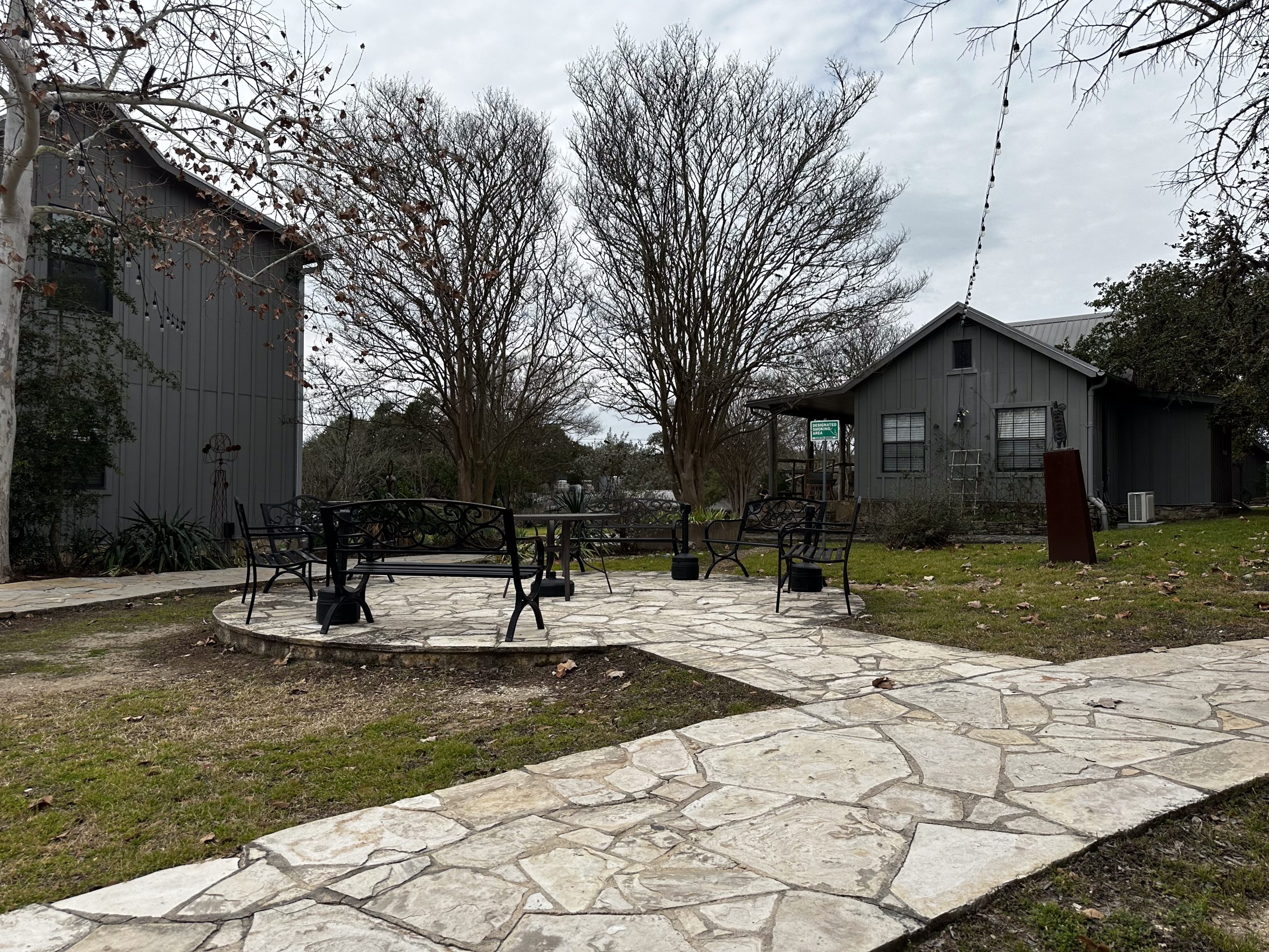

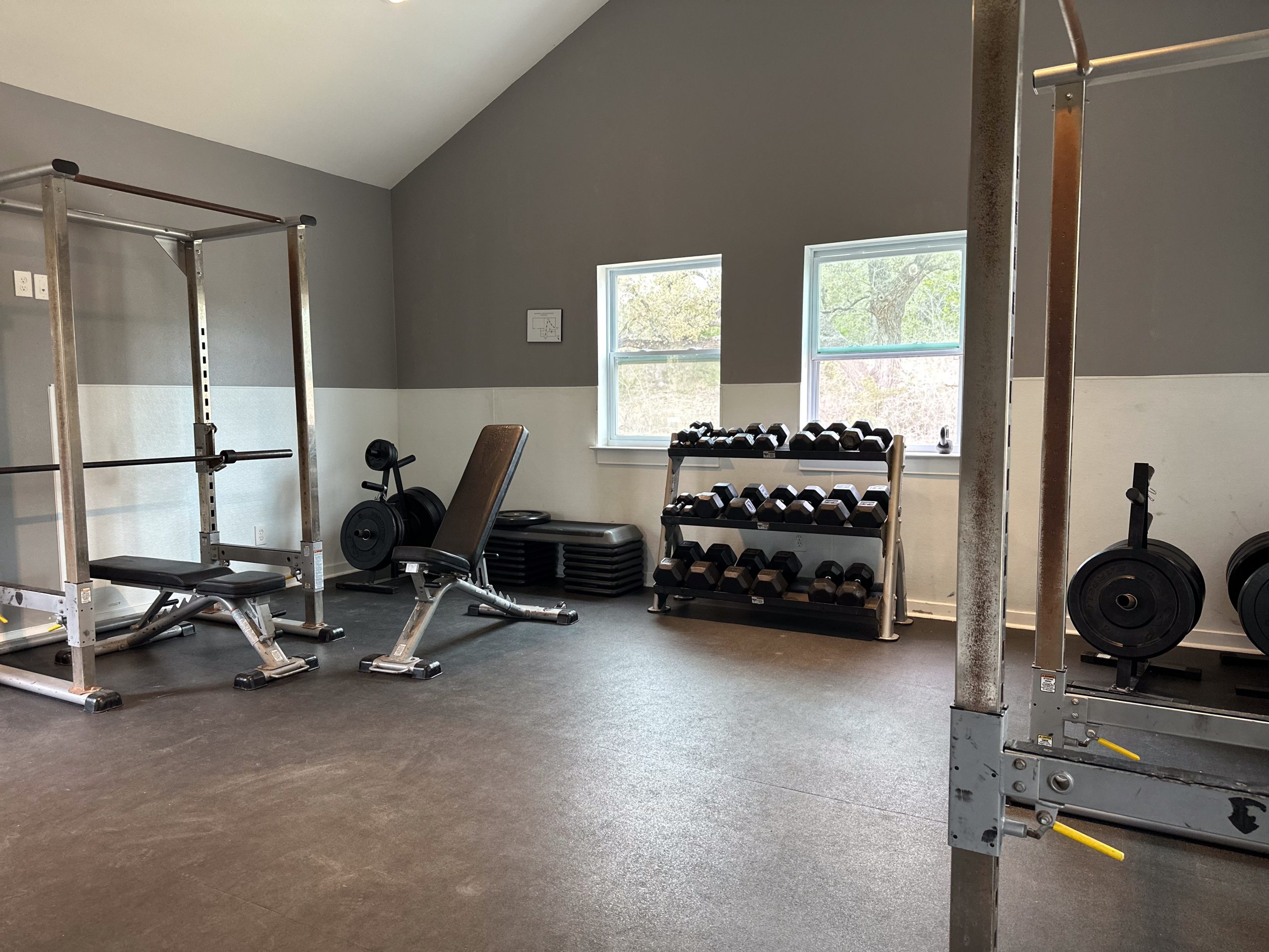







Slang for Pseudoephedrine
Street names for pseudoephedrine or the meth made from it include:
- Chalk
- Crank
- Meth
- Speed
These names are often used in communities where drug use is more common.
Who Misuses Pseudoephedrine?
Teens and young adults may misuse pseudoephedrine because it used to be easy to buy. Some mix it with alcohol to increase the effects. This can be very dangerous. The stimulant effect of pseudoephedrine can hide the effects of alcohol, leading to alcohol poisoning or overdose.
Understanding the Full Impact of Abuse and Addiction
Pseudoephedrine misuse isn’t just a bad habit—it’s a form of abuse and addiction that can lead to long-term damage. Authorities closely regulate pseudoephedrine, which is not a prescription drug. This is because people can use it to make meth. This is why many health care providers take early signs of misuse seriously.
Effective recovery programs match each person’s level of care. Some may need full-time inpatient treatment, while others benefit from flexible outpatient programs.
Most of these programs provide important services. They offer therapy, medical monitoring, and peer support. These services help build a strong foundation for addiction recovery.
Many people in recovery also manage mental health conditions like anxiety or PTSD. During treatment planning, we must consider these and other health or medical conditions. In some cases, care teams also identify a co-occurring mental disorder and treat it alongside the substance use.
Returning to daily life after treatment can feel overwhelming. That’s why sober living and aftercare are so helpful. They help people manage responsibilities, avoid relapse, and stay connected to their recovery goals.
More Time. More Joy. More You. Start Now.
WE ACCEPT MOST INSURANCES







Dangers of Making Meth
The process of making meth with pseudoephedrine is dangerous. It can cause fires or explosions. Even small “home labs” pose serious risks to everyone nearby.
That’s one reason the U.S. passed the Combat Methamphetamine Epidemic Act. This law reduced access to pseudoephedrine and helped lower the number of meth lab incidents across the country.
Meth use is still a problem in the United States. Pseudoephedrine addiction continues to hurt individuals, families, and communities.
Side Effects of Pseudoephedrine Misuse
Short-Term Effects
- Euphoria
- Increased energy
- Alertness
- Fast heart rate
- Irritability
- Loss of appetite
- Dilated pupils
- Red eyes
Long-Term Effects
- Insomnia
- Weight loss
- Addiction
- Drug dependence
- Mood changes
- Mental health issues
Initially, individuals frequently overlook these indicators. However, the harm intensifies over time.
Signs of Pseudoephedrine Addiction
You may notice the following signs if someone is addicted:
- Buying large amounts of cold medicine
- Isolating from family members
- Poor hygiene or drastic changes in appearance
- Loss of interest in hobbies
- Secretive behavior
If you notice these warning signs, it may be time to seek help through a trusted addiction treatment provider.
Pseudoephedrine Withdrawal Symptoms
No official medical list of pseudoephedrine withdrawal symptoms exists, but many people report feeling:
- Tired or sleepy
- Irritable or anxious
- Depressed
- Hungry
- Cravings for the drug
- Nightmares
- Stuffy nose (nasal rebound)
These symptoms are similar to stimulant withdrawal. They are not usually life-threatening, but they can be extremely uncomfortable. That’s why many people seek help through medically assisted detox.
Is Detox from Pseudoephedrine Safe?
Yes, detoxing with help from medical professionals is much safer. A medically assisted detox program can reduce symptoms and help the person rest and recover. These programs also offer emotional support and early planning for treatment and recovery.
What Does Addiction Treatment Involve?
Effective addiction treatment addresses both the physical and emotional parts of recovery. According to the National Institute on Drug Abuse, treatment should include:
- Immediate support and care
- Help for both addiction and mental health disorders
- Evidence-based therapy
- Family involvement
- Enough time in treatment to make real progress
Therapists use behavioral health techniques like cognitive behavioral therapy (CBT) or dialectical behavior therapy (DBT). These help clients understand their behavior and learn new ways to cope.
Many rehab centers also include support groups, family therapy, and classes on relapse prevention. These tools help build a strong foundation for long term recovery.
Inpatient vs. Outpatient Drug Rehab
There are two main types of rehab:
Inpatient Drug Rehab
- You live at the rehab center
- Attend daily therapy and group sessions
- Medical help is available 24/7
- Best for people with severe addiction or no support at home
Outpatient Drug Rehab
- You live at home or in a sober living home
- Attend group therapy and classes several times a week
- Can work or care for family while getting help
- Best for people with mild addiction or strong support systems
Both are good treatment options. A doctor or addiction counselor can help decide which is right for you.
Other Outpatient Drug and Alcohol Rehab Locations
What Are Sober Living Programs?
Sober living programs are homes for people who are sober and want to stay that way. They offer a clean, drug-free space with rules and support. People may live there after rehab or while attending outpatient rehab.
Sober living homes help with:
- Staying away from drugs and alcohol
- Finding a job or volunteering
- Going back to school
- Attending support groups
- Practicing life skills
- Preventing relapse
Each home may offer different services. Most charge a monthly fee like rent. Some even help clients find work or offer job training.
Continued Support: Aftercare Programs
Even after rehab, recovery continues. Aftercare programs help people stay focused. These programs include weekly meetings, peer support, and family involvement.
Aftercare helps clients:
- Talk about challenges and success
- Build healthy relationships
- Keep practicing skills from rehab
- Stay sober for the long haul
These programs reduce the risk of relapse and offer a place where people feel understood and supported.
Holistic Support for Every Stage of Recovery
Effective treatment for pseudoephedrine addiction includes more than detox. It supports the person through every stage of recovery—from early withdrawal to full independence.
Many people in treatment also have other health conditions or medical conditions. These may include heart disease, mental illness, or other health disorders. A skilled care team will adjust treatment to meet these specific needs. Each plan varies depending on the person’s situation.
Treatment may involve medical care, therapy, and support from social workers. Most programs offer a wide range of services, including relapse prevention, education, and peer support. These services including both clinical and community resources can make a major difference in recovery outcomes.
Support from family and friends is also vital. Loved ones often take part in counseling and learn how to help someone in recovery stay sober.
Some clients join narcotics anonymous or follow a 12-step program. These groups build connection and provide long-term accountability.
For those leaving rehab, continuing care is key. It may include ongoing therapy, sober living, or alumni support groups. Seeking treatment early and sticking with it increases the chance of success. Even if you’ve tried before, recovery is always possible.
Take the First Step Toward Recovery
Pseudoephedrine addiction is hard to face alone. But there are many paths to healing. Whether you choose inpatient drug rehab, outpatient rehab, or a sober living program, the right help is available.
If you or someone you love needs help, don’t wait. Call (512) 887-5034 to speak with a caring treatment specialist and learn about your options today.



